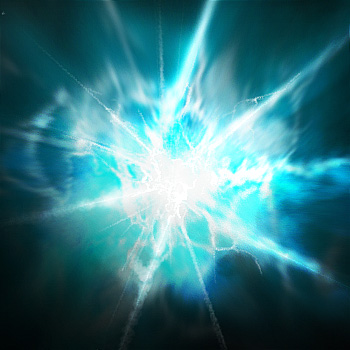A BBC documentary with this title was aired on SBS-TV in Australia in April, 2012.
In it, several cosmologists discus ‘the unthinkable’—perhaps the
big bang was not the beginning of everything after all. It seems that scientists
have discovered a new law. Well, not actually new—just one that has been treated
as if it didn’t exist for the last half century or so by ‘big-bangers’
such as Stephen Hawking, Roger Penrose, Paul Davies, Edwin Hubble, et al,
namely the law of Cause and Effect.
The program explains that the concept of the big bang1 postulates that “everything we see in the
universe today—us, trees, galaxies, zebras—emerged, in an instant, from
nothing. And that’s a problem. It’s all effect and no cause.”
We are then given five different explanations from five different scientists concerning
what this cause may (or may not) have been.
Prof. Michio Kaku and the meaning of ‘nothing’
Dr Michio Kaku is Professor of Theoretical Physics at City University, New York.
He asks: “How can it be that everything comes from nothing?” His solution:
“If you think about it a while, you begin to realise it all depends on how
you define ‘nothing’!”2
We are then shown a huge NASA vacuum chamber, the largest in the world—the
nearest we can get to a state of nothing, but which still has dimensions (‘nothing
in 3D’), and through which light can pass. Prof. Kaku tells us: “I think
there are two kinds of nothing. First there is something I call absolute nothing:
no equations, no space, no time, no anything that the human mind can conceive of,
just nothing. Then there is the vacuum which is nothing but the absence of matter.”
The host then comments: “Prof. Kaku’s version of nothing is the perfect
vacuum where on the face of it there is only energy. But in a perfect vacuum, energy
sometimes transforms itself temporarily and briefly into matter. It is one of these
tiny explosions that might have been going on and ended up in the big bang.”
Prof. Kaku: “So for me the universe did not come from absolute nothing—that
is a state of no equations, no empty space, no time; it came from a pre-existing
state—also a state of nothing. Our universe did in fact come from an infinitesimally
tiny little explosion that took place giving us the big bang, and giving us the
galaxies and stars we have today.” Continue at Russell Grigg

No comments:
Post a Comment